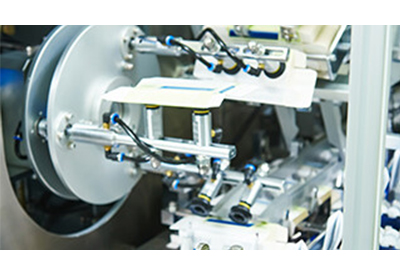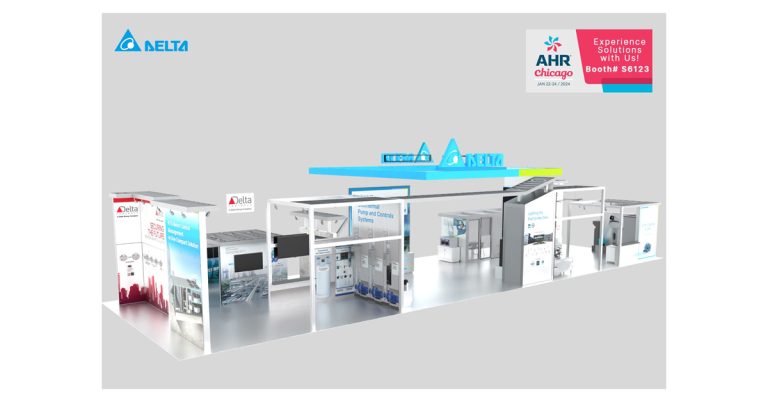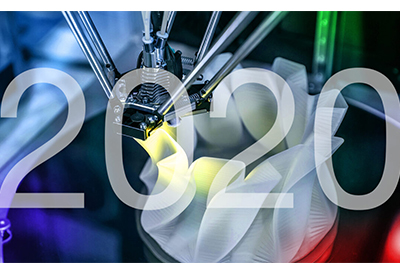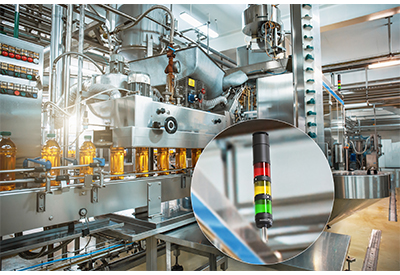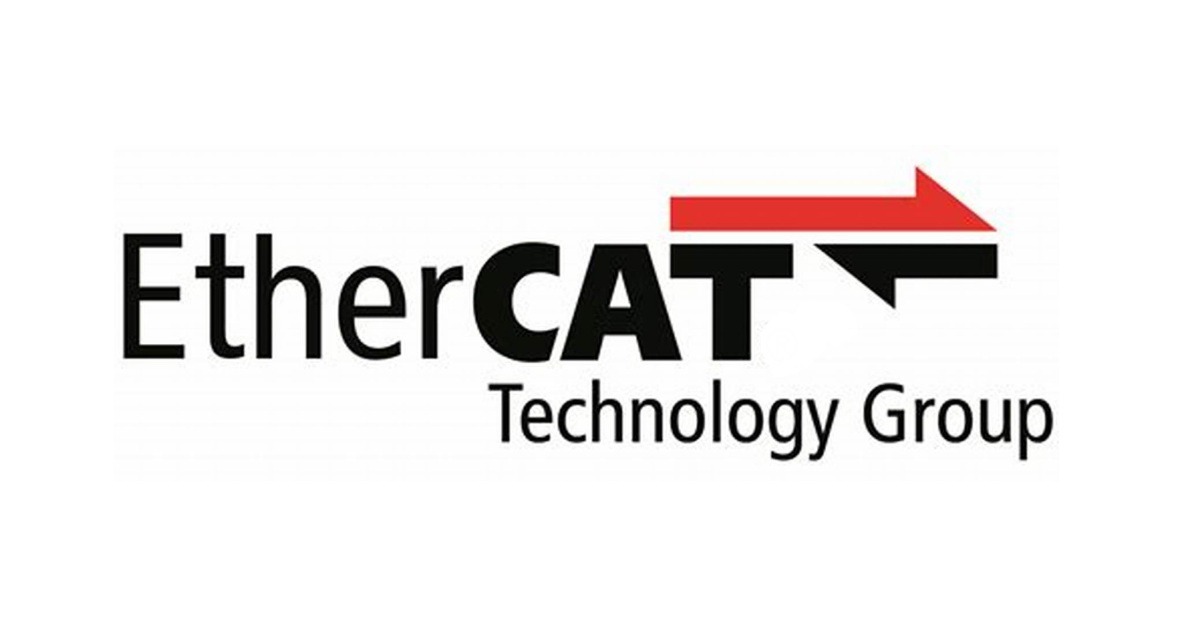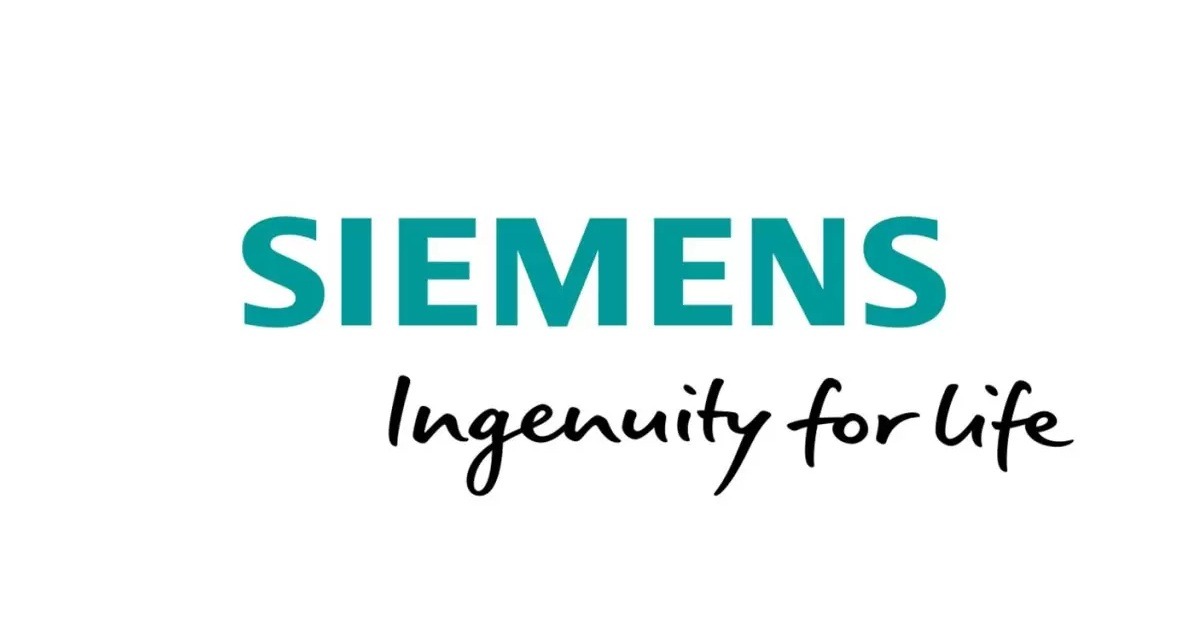Bruce Matthews: New Chief Executive Officer at Consulting Engineers of Ontario
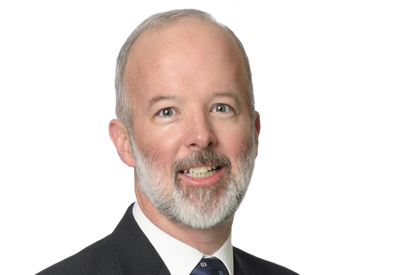
May 19, 2018
Engineers play a key role in the advancement of our infrastructure and the development and implementation of innovative technology, including the rising wave of smart technology that is now changing how we live at home and in public. Consulting Engineers of Ontario (CEO) play a key role in these developments. Recently Bruce Matthews was appointed as the new Chief Executive officer of CEO.
Panel Builder & Systems Integrator had a chance to ask Bruce a little about himself, his role with the CEO and the importance engineers play in the advancement of new technology and infrastructure.
Tell us a little about yourself?
I was born in Toronto and grew up in Toronto, London and Mississauga. I attended the University of Waterloo where I earned a B.A.Sc. in Systems Design Engineering (Design and Human Systems Option). I’ve been married for over 30 years and my wife and I are both runners, and we enjoy travel and hiking. I also play guitar and I own a variety of acoustic and electric instruments.
What first got you interested in Engineering and pursuing an education in System Design Engineering and Building Science?
For as long as I can remember, I’ve had a fascination with aviation and flight. It was about more than just piloting (though I did earn my private pilot’s licence at 19) – my interest was in aviation technology from propulsion and structures to air traffic control and navigation. I focused on math and science in high school, and engineering seemed to be a natural direction for my post-secondary studies. I chose the Systems Design Engineering program at Waterloo because it was a program that offered a unique perspective on engineering design, and flexibility in the application of the engineering learning. The majority of my projects had an aviation or aerospace focus. My interest in building science arose many years later from my work as an investigator for Professional Engineers Ontario.
What was the career path that led you to your current position as CEO of Consulting Engineers of Ontario (CEO)?
For the first 13 years after graduation I was a practicing professional engineer. During most of that time I operated my own consultancy providing specialized services to the aerospace, defence and nuclear industries. An economic downturn in those areas led to a switch from practicing engineering to regulating it – I joined Professional Engineers Ontario (PEO), the regulatory body for engineering in the province, as an investigator. Over 10 years at PEO I moved up the ranks to Manager, Complaints & Discipline and ultimately to Deputy Registrar, Regulatory Compliance. I’ve often said that I learned more about engineering during my first two years at PEO than I did in my time at university – it was a great experience. I left PEO in 2010 to pursue senior management positions at other regulatory organizations – first the Real Estate Council of Ontario and most recently the Ontario College of Trades. This experience, along with my service on the Boards of Directors of a couple of associations, gave me a perfect blend of engineering and not-for-profit management experience to take on the Chief Executive Officer role at CEO.
In your opinion how has the role of engineers differed in recent years, particularly with the boom in Smart technology?
I don’t believe there’s been any real change in the fundamental role that engineers play. Design is still at the heart of what engineers do, with constructability, performance and life-cycle costs being ever-present factors. Technology has impacted how engineers carry out their work, and it has also significantly expanded the realm of what is possible in the way of a design solution to solve a client’s problem.
What role does the CEO play in ensuring that Ontario Engineers play an integral role in infrastructure upgrades?
Advocacy and government relations form a central pillar of CEO’s current strategy. Consulting engineering firms play a critical role in design and innovation within infrastructure projects. CEO ensures that provincial and municipal governments remain aware of that role and the value it adds. CEO’s advocacy and government relations functions are about shaping public policy and legislation. With the recent spate of funding announcements, governments are placing significant emphasis on infrastructure upgrades. Consulting engineering firms will play a big role in ensuring those funds are spent in a way that delivers safe, sustainable projects with long-term value.
With new technology advancing at a blistering rate how essential is it that new initiatives and projects utilize the skills and knowledge employed by consulting engineers?
It is absolutely essential. CEO’s member firms are committed to maintaining high standards of professionalism and ethics, and also understand the importance of continuing professional education and development among consulting engineers. Change is constant, and a great deal of the technological change you are speaking about provides excellent opportunities for innovation and cost savings in construction and infrastructure projects. The benefits of technological change cannot be realized unless those involved in design understand the full spectrum of applications of the technology.
What do you feel are the greatest advantages that consulting engineers bring to the table when planning any new project or largescale building project?
Perspective and vision. A qualified consulting engineering firm has the experience and competence to optimize the lifetime value of a project. Consulting engineers utilize their knowledge, skill and judgment to bring a unique perspective to a project. Consulting engineers bring a “big picture” and “long term” vision to the table, and it is the application of that unique perspective and vision that allows for innovation in design and ultimately the best value for the client.
What new technologies or systems do you feel are having the greatest impact on engineers in general?
There are so many, covering all phases of a project from design to construction to operation and maintenance. Rather than single out one or two specific technologies, I’d prefer to say that any technology that reduces uncertainty will have a significant impact. Less uncertainty at the design phase makes for a better construction experience and subsequently better performance. Similarly, technology that minimizes uncertainty during construction will also have a positive impact on operations and maintenance. There are countless new technologies that contribute to the reduction in uncertainty – many used by engineers in the design office but also in the field during construction.
What do you think will be the next big technology to affect the industry?
There are fascinating things happening in the areas of power storage and utilization. If you take away the dependence on a 24/7 source of power generation, the opportunities for dramatic innovation and paradigm-shifting change become almost limitless. Interestingly, the work on higher capacity, rechargeable battery technology is taking place at the same time as we are creating devices and systems with significantly lower power consumption requirements (e.g., LED-based lighting systems). There is an undeniable connection between the issues of power storage and power utilization that present a great opportunity for the industry.
As the new Chief Executive Officer of the CEO do you have any new plans or directions you hope to move toward?
I’ve joined CEO at a time when it is in the middle of executing a 4-year strategic plan. I fully support the three main pillars of that plan, being advocacy, business practices and member engagement. That being said, there are additional things I’d like to do to keep CEO at the forefront of in the eyes of our members and stakeholders. In addition to shaping public policy and legislation, I want to shape the perception and perspective of stakeholders with regard to the consulting engineering sector. One way of doing this will be to better define and communicate the “consulting engineers” brand. I’d also like to increase our member base and enhance the value proposition that CEO membership provides.

